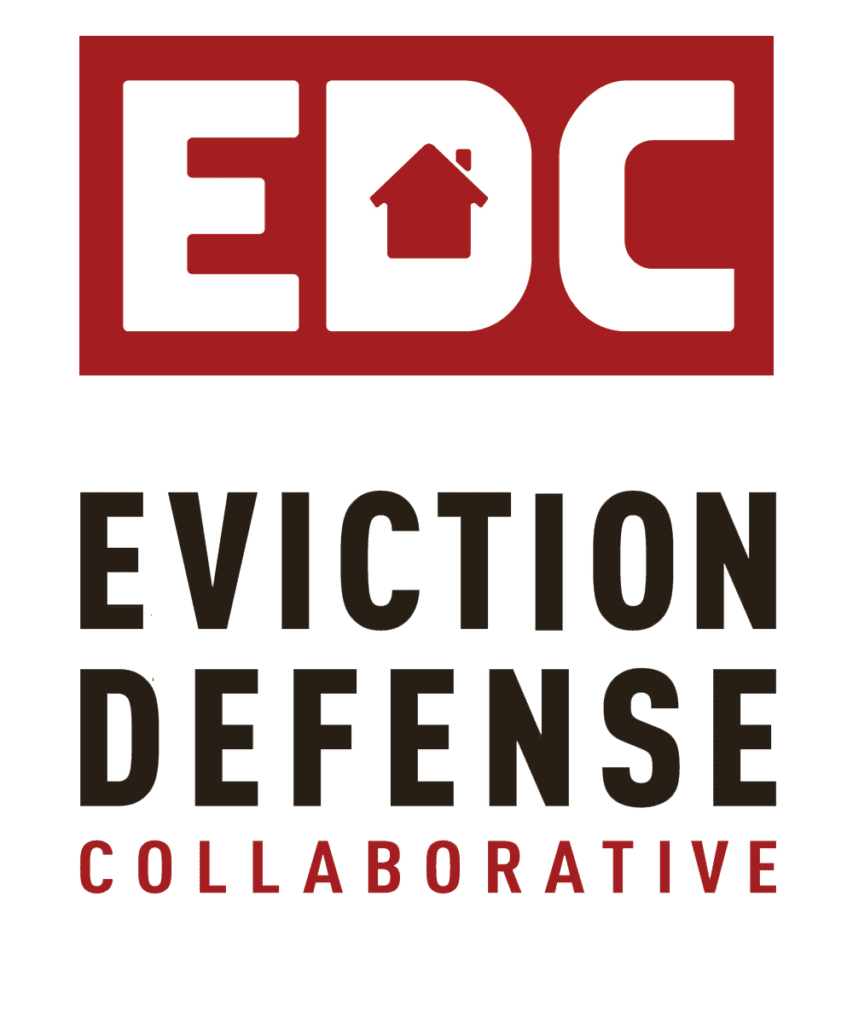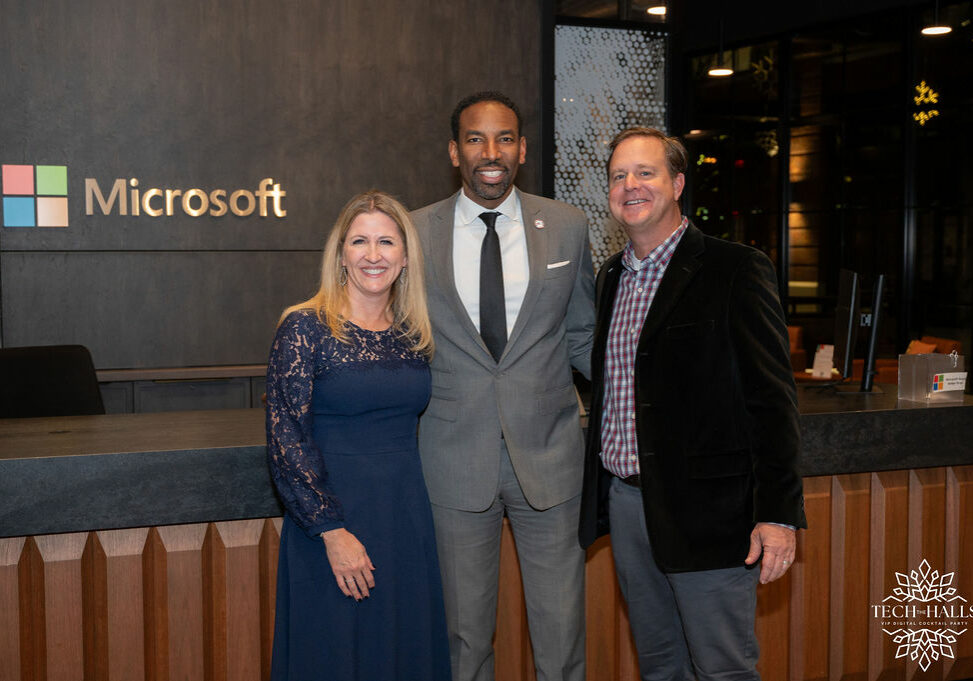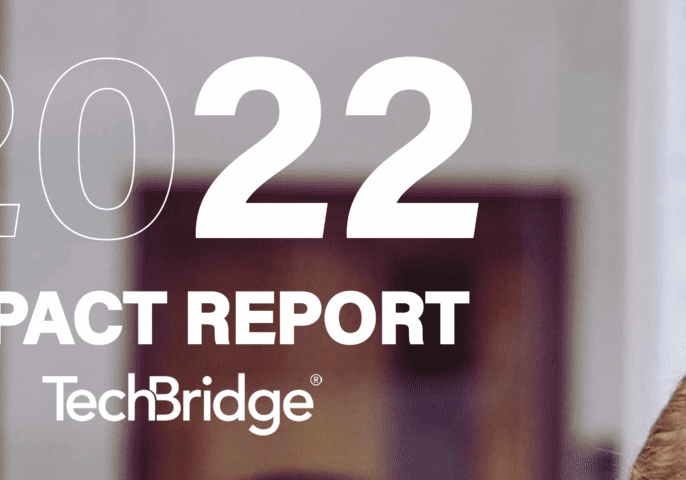Array
The Eviction Defense Collaborative (EDC)’s work is based on the belief that housing is a human right, and that our families, community, economy, and health all depend on security and stability from having a place to call home. Because of housing costs in San Francisco, thousands of families and individuals struggle every day to meet this basic human need. Each time someone loses the struggle against eviction and becomes homeless or is forced to leave the city, San Francisco loses a little more of the dignity and diversity that give it its cherished spirit. With this in mind, the EDC is the principal organization in San Francisco helping low-income tenants to respond to eviction lawsuits.

For almost 25 years, the organization relied almost entirely on pen and paper. Before adopting JusticeServer™, EDC tracked referrals in individual emails and shared spreadsheets — often out of date — and relied on a large whiteboard for the litigation team to track caseloads. Finding a client file often amounted to a scavenger hunt through people’s desks. EDC also used an outdated local database that few people understood and could only run limited queries. Staff were unable to track outcomes (individually and systematically), to identify significant trends, or to do quick and effective searches.
EDC was selected as the lead partner in designing and implementing a citywide referral and case management system under Prop F, Tenant Right to Counsel. They worked with our engineering team to customize the JusticeServer platform for their particular needs and went live with the new system on , the same day the new voter initiative went into effect.

San Francisco is one of the first cities in the country to make legal counsel a right to all tenants facing eviction. For EDC, harnessing data for our new program is critical to assessing its effectiveness, and the stories it shows can have real policy implications.
— Rachel Stober, Senior Tenant Right to Counsel Coördinator, Eviction Defense Collaborative
EDC can now track client outcomes and quickly create and run customized reports, which are useful both daily (e.g., to be able to identify incomplete intakes from last week) and to be able to read the more significant story the data tells. Having access to accurate information such as language preferences and disabilities informs them of client needs and how well they are meeting them. They can evaluate their citywide referral system by seeing how many cases each agency takes, how many tenants aren’t getting the services they need, or what kinds of clients, cases, or issues affect each LSO. JusticeServer provides objective, reliable, and systematic data allowing EDC to identify trends and see the bigger picture.
Learn More about Technology, Innovation and Collaboration at the ITC2020 Conference
Legal Services Thought Leaders Connect at ITC2020 to Promote Access to Justice & Legal Representation for Low-Income People
The ITC2020 Conference brings LSOs together from across the nation to share the power of technology addressing the difference between the civil legal needs of low-income Americans and the resources available to meet those needs.
| Preparing Legal Services Organizations to Harness Technology through Tech Assessments | Enhancing Collaboration through Technology | Transitioning to Office 365 |
|---|---|---|
| — Panelists:
| — Panelists:
| — Panelists:
|




